Growing Up in a Bubble (Ryan Engelsberg, Hasbara Fellow, University of Florida)
Growing up I was in a bubble. I went to a Jewish school and so all of my friends were Jewish. All of my family is Jewish. And my neighbors didn’t have kids, so virtually everyone I interacted with was like me. And you don’t realize you’re different in a situation like that, because you’re surrounded only by what’s the same. It wasn’t until I went to my local public high school of 3,000, where I was one of a handful of Jews that I realized this. And thankfully for me it was just little things, that while they built up over time, I never felt endangered or anything of the sort. But should I really be thankful over light discrimination, when any form of discrimination should be vilified?
The United States is supposed to be the best place for Jews outside of Israel. And despite everything, I believe that it is. But the fact of the matter is that America has a long history of anti-Semitism, and while the past few decades have been the best in its history, there has been a scary trend of incredibly violent anti-Semitic incidents. Just look at New York – for 30 days between December and January, nearly every day there was some sort of violent assault against a Jew. We have the mainstream media, politicians, celebrities, and other people with influence behind them saying and/or doing anti-Semitic things with impunity.
My grandfather escaped from the Holocaust when he was young. He, along with his parents and brother, left with the clothes on their back. Everyone else died. His entire family. If you go on the Yad Vashem Holocaust death records database and search my last name you’ll see over 100 results. And virtually everyone I know has a similar story or knows someone that does. When facing this you can’t help but think what could have been.
The United States isn’t the next Nazi Germany, like I said, it’s the best place for Jews outside of Israel. But how can the second-best place for Jews include daily assaults, targeted hate crimes and shootings, and constant general discrimination? Throughout my 4 years in my aforementioned high school, while I didn’t realize what I was doing at the time, I subconsciously muted my Judaism. I wouldn’t mention anything about my background unless it was brought up. I didn’t want to appear different. And I didn’t notice it for years. Of course I realized this in the most cliché way possible – Birthright. When I went on my Birthright trip, I stopped suppressing my Judaism; everyone was like me again, except more than ever. Being in Israel was like a weight lifted off of my shoulders. And I didn’t realize how much weight I was holding on to until I went there and could finally breathe. Being in Israel, being a Jew in Israel, felt natural.
It was then that I realized I need to be more expressive about my Judaism. I wouldn’t suppress my identity. And I realized how important Israel was to me. Not only is it the one place in the world where it feels natural to be a Jew, but its existence means I don’t have to be worried like my grandpa was. I love living in the United States, but if I were an American in a world without Israel, knowing the experiences of my grandfather and so many others, I don’t know how I’d feel. Maybe I would be stronger carrying that weight every day without rest, but a life where you can’t ever be yourself isn’t a life worth living. And that’s why I’m grateful for Israel and why I will advocate for Israel for the rest of my life.

